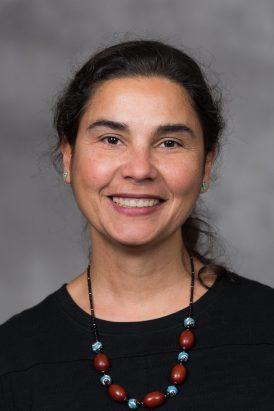Course Description
This course will provide a thorough introduction to the study of Creole languages, focusing on the different socio-historical and linguistic ecologies in which they emerge, the wide range of morpho-phonological and syntactic properties they display and the cognitive processes at work in Creole development and other contact situations. In so doing, we will examine past and present theories of Creole genesis and methodological approaches to their study, which will include descriptive (based on field work), diachronic (based on old texts), theoretical and experimental approaches. We will show that the topics of investigation illustrated by these various approaches touch on central questions in the field of linguistics. We will then turn to new promising, anti-deficit perspectives and methodologies that are community-centered and community-led, ensuring that the study of Creoles is inclusive and remains a thriving area of research with positive outcomes for their communities of speakers and signers.
Area Tags: Creoles, Sociolinguistics, Variation, Language Contact, Typology
(Session 1) Monday/Thursday 1:30pm – 2:50pm
Location: ILC S413
Instructor: Marlyse Baptista
Marlyse Baptista is a contact linguist and morphosyntactician specialized in Pidgin and Creole languages (and their source languages), and in theories of language emergence, language contact and change.
She has a particular interest in cognition and theoretical models of language contact & language emergence. With collaborators, she uses experimental methods (involving artificial language learning) investigating how languages and their speakers converge, diverge and innovate in multilingual settings. She also uses fieldwork data and tools from Generative Syntax to study the grammatical properties of Pidgins and Creoles.
Marlyse’s current research investigates the cognitive processes involved in contact situations and focuses on the role of convergence in L2 acquisition (Baptista, Gelman & Beck, 2016), bilingualism and creole genesis and development (Baptista, 2006; 2020).
